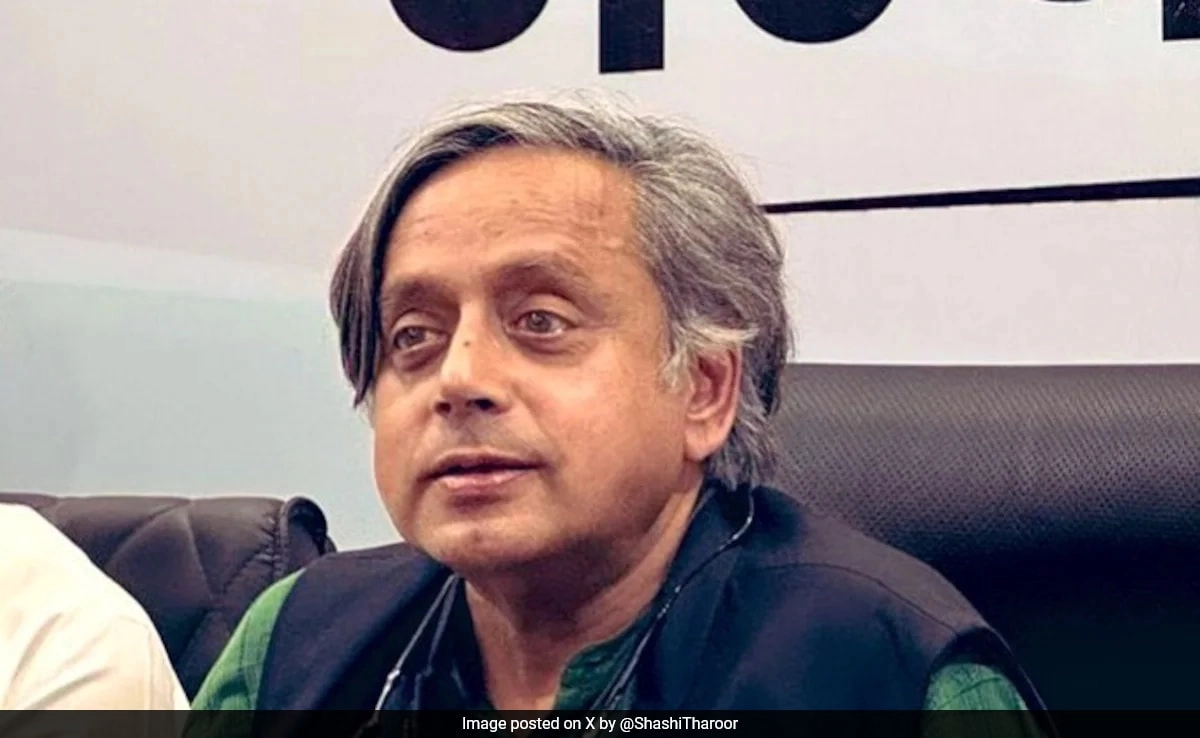The recent meeting between former President Donald Trump and Russian President Vladimir Putin has sparked significant concern among Ukrainians, who perceive it as a potential threat to their national interests. Many Ukrainians feel that the discussions between the two leaders yielded “nothing” beneficial for Ukraine, emphasizing the lack of support for their sovereignty and territorial integrity. This sentiment is rooted in the ongoing conflict in Eastern Ukraine, where Russian-backed separatists continue to challenge Ukraine’s authority, alongside Russia’s annexation of Crimea in 2014. The meeting, which many viewed as a diplomatic engagement, was interpreted by Ukrainians as a sign of their isolation on the international stage, raising fears that their plight might be overlooked in favor of broader geopolitical considerations.
The apprehension surrounding the Trump-Putin meeting extends beyond mere political rhetoric; it reflects a deep-seated anxiety about the future of Ukraine in a world where powerful leaders may prioritize their interests over the rights of smaller nations. Ukrainians are wary that any conciliatory gestures between the United States and Russia could embolden Moscow to further assert its influence in the region, potentially leading to escalated aggression against Ukraine. The lack of a clear commitment from the U.S. to support Ukraine in the face of Russian expansionism has left many feeling vulnerable and uncertain about their security. The historical context of U.S.-Russia relations adds another layer of complexity, as past negotiations have often sidelined Ukraine, leaving its fate in the hands of powers that do not fully grasp the implications for its people.
Moreover, the disappointment among Ukrainians reflects broader concerns about the future of democratic values and international norms. Many see the Trump-Putin meeting as an example of the growing trend of realpolitik in global politics, where strategic interests overshadow the fundamental principles of sovereignty and human rights. As the Ukrainian government continues to seek partnerships with Western nations, the lack of a strong, united front against Russian aggression is disheartening. The perception that influential leaders can meet and discuss matters without adequately addressing the situation in Ukraine raises questions about the effectiveness of diplomatic efforts and the commitment of the international community to uphold the rule of law.
In the wake of the meeting, it is imperative for Ukraine to bolster its diplomatic efforts and seek unwavering support from allies. The voices of ordinary Ukrainians, whose lives are directly impacted by the ongoing conflict, must be heard in these discussions. Moving forward, a renewed commitment to Ukrainian sovereignty and security from the international community is essential to counter the challenges posed by Russian aggression. Only through a unified stance can Ukraine hope to navigate the complexities of international politics and secure a prosperous future for its citizens.




